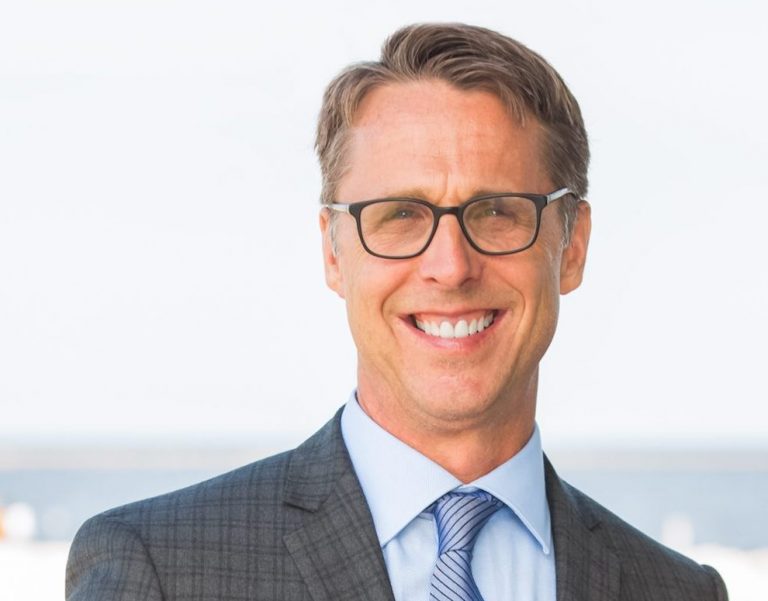This month marks my 25th year at Clean Wisconsin. I remember the day in 1999, when I met then Executive Director, Pam Porter, at a coffee shop in Madison. I was so excited about the chance to work for an organization with a mission to protect and preserve Wisconsin’s environment, but I was nervous that Pam would not think my corporate experience was a good fit for her scrappy nonprofit with an incredible history of success. At that time, the organization was often at odds with big corporations who did not value environmental protection. Our meeting was a success, and three weeks later, I was moving into a small office (supply closet) on the second floor of 122 State Street, as the new Development Director. It was one of the best decisions of my life!
In 1999, the organization (then named Wisconsin’s Environmental Decade) was working on the Fox River Superfund cleanup, fighting pollution in our lakes and drinking water, opposing new mines, and defending our air and water from dirty coal plants. We have made tremendous progress, but we are still working on many of the same issues 25 years later. Our Resilient Communities Director leads a Citizen Advisory Council of the Milwaukee Estuary Area of Concern; our Water Program is addressing PFAS, nitrates, phosphorus, and lead; our energy team is helping promote new renewable energy projects throughout Wisconsin, as well as clean energy solutions in buildings and farms. We’re also still opposing the construction of many new fossil fuel plants.
I’ve learned many things over the years. It turns out “change doesn’t happen overnight”, and to address big issues you need the vision and financial resources to last the decades required for change. And, unfortunately, I’ve seen another thing: there are always people and institutions who will put personal profit over what is right for their neighbor, community, or the globe.
In “Back to the Future”, the cover article of this issue of The Defender, General Counsel Katie Nekola writes of WEPCO’s plans to build 3,000 MW of gas in Wisconsin, comparing it to WEPCO’s infamous “Power the Future” plan from 20 years ago—a plan the utility used to convince our Public Service Commission to approve a multibillion-dollar project to build 1.2 MW of new coal. The utility argued giant coal plants were the only reasonable solution to keep our lights on. It turns out WEPCO shareholders made a lot of money building and operating those coals plants, and their customers are now paying to undo that bad plan.
Clean Wisconsin fought the construction of those coal plants at the Public Service Commission, all the way to the Wisconsin Supreme Court, as well as in Federal Court. We knew then about their coal plants what we know today about their proposed gas plants: while they may be profitable for WEPCO’s shareholders, they are terrible for the communities, our state, and the planet. I expect WEPCO will spend millions to try to convince everyone else otherwise. It appears WEPCO hasn’t changed a bit.
Over the past 25 years, the internet and technology has transformed nearly everything around us, and better science pinpoints our environmental problems and solutions. Corporations are acting more responsibly; the mission statement of my former corporate employer added the phrase “respecting and protecting the environment.” Clean Wisconsin has also changed. We are bigger: we now have 25 employees—three times more than 25 years ago. Our partnerships are broader and getting stronger every day, and we have lived through Power the Future.
After 25 years, our mission has been updated too: to combat climate change and pollution in our air, water, and land, and ensure a healthy future for every Wisconsin community.
We know the future we seek takes partnerships with state and national nonprofits, businesses, health professionals, farmers, community-based organizations, and others. With our partners, we’ll ask Wisconsin decision-makers to avoid the same, costly mistake of 25 years ago: do not approve more fossil fuel plants when clean, affordable, and healthy alternatives are available right now.

